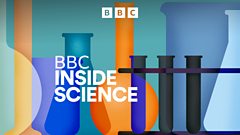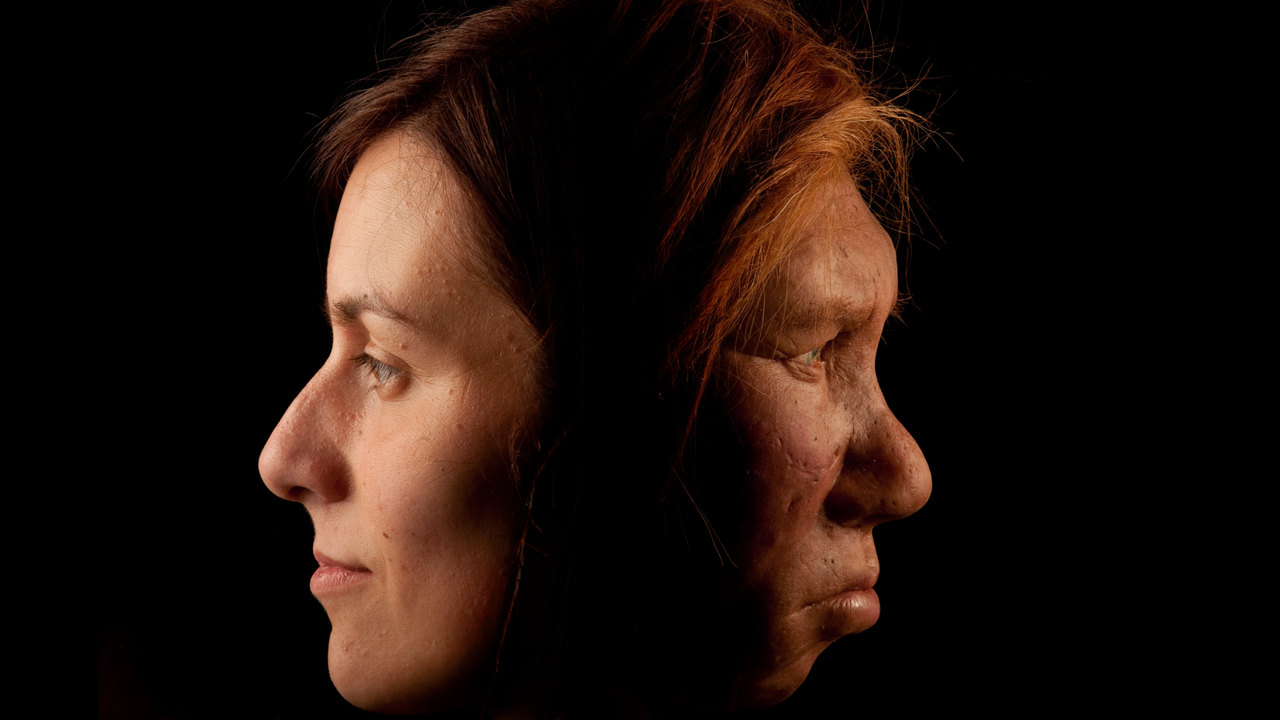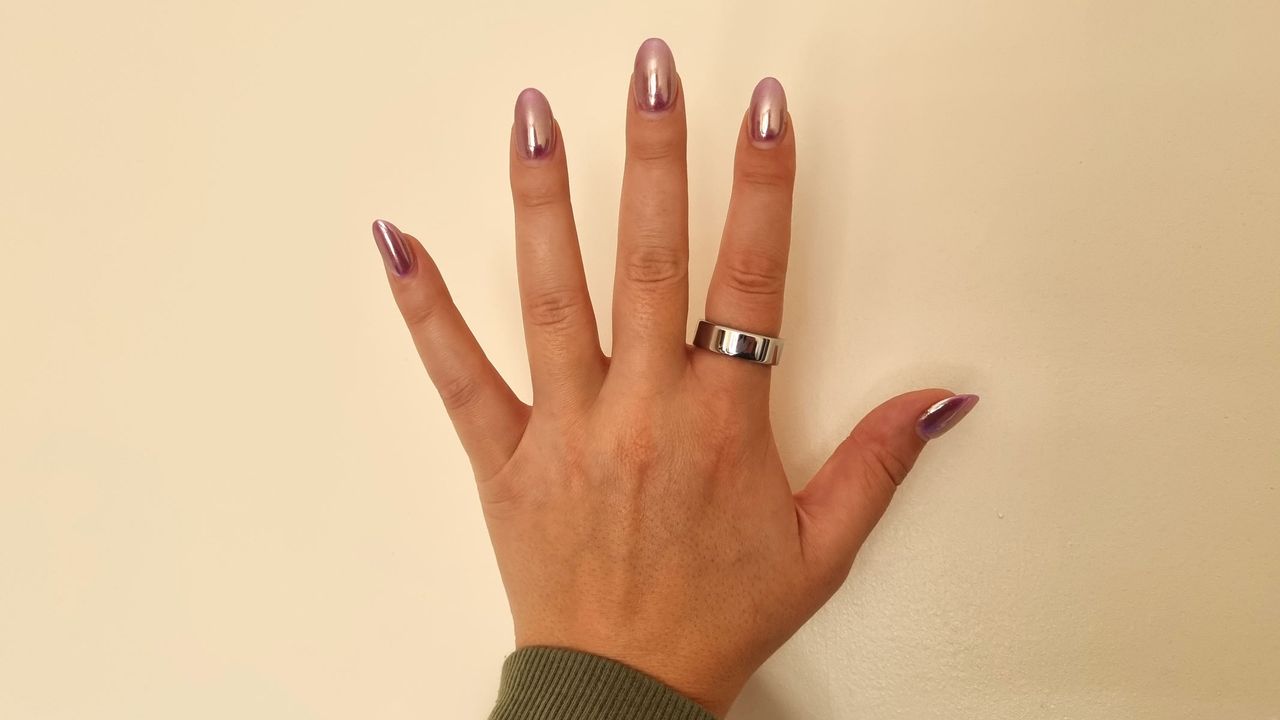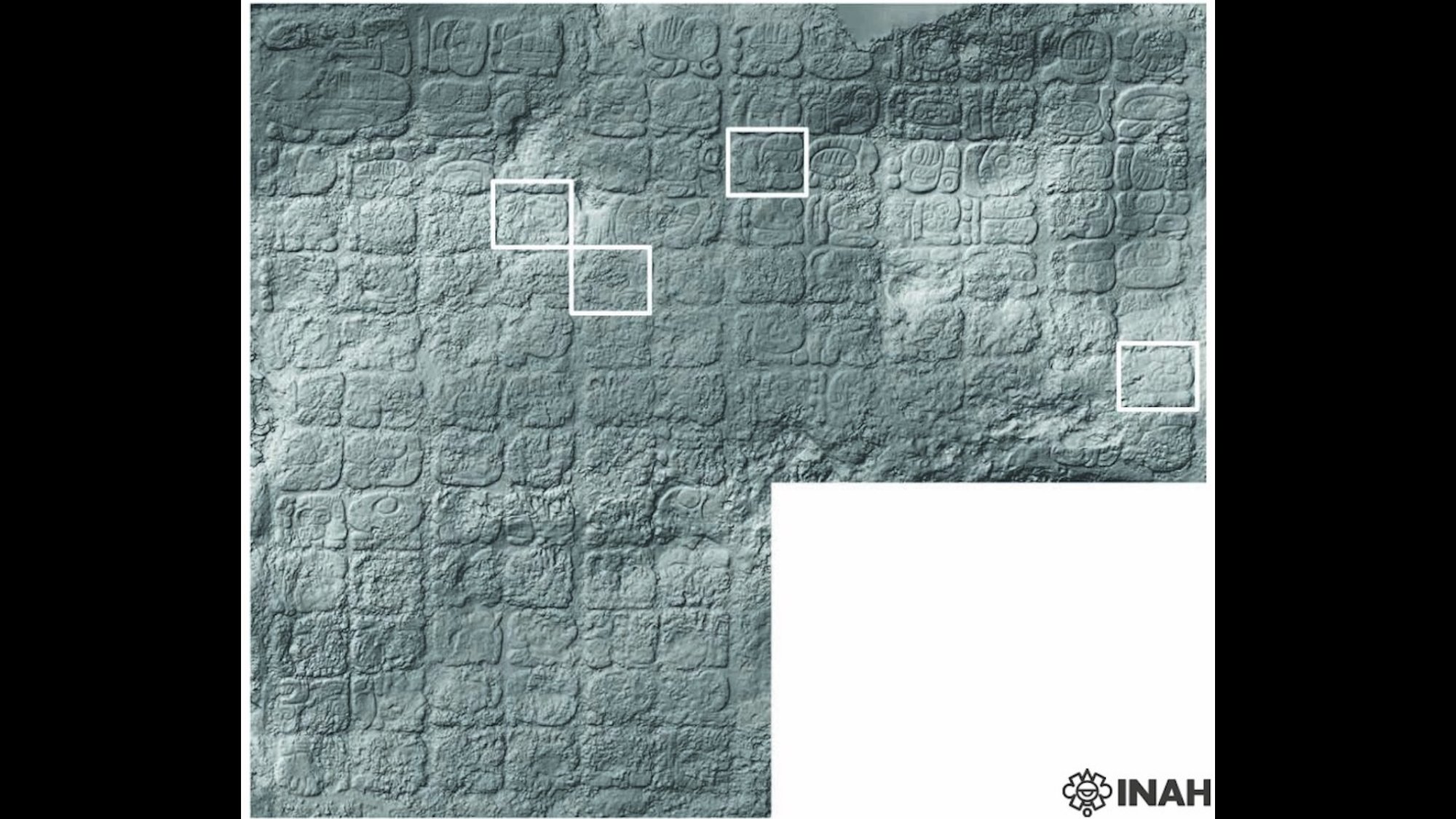BBC Inside Science
PositiveScience

A groundbreaking bionic microchip implant has been developed that enables registered blind individuals to regain their sight. This innovative technology represents a significant advancement in medical science, offering hope and improved quality of life for those affected by blindness. The implications of this development are profound, as it not only showcases the potential of modern science but also highlights the importance of accessibility and inclusivity in healthcare.
— Curated by the World Pulse Now AI Editorial System







